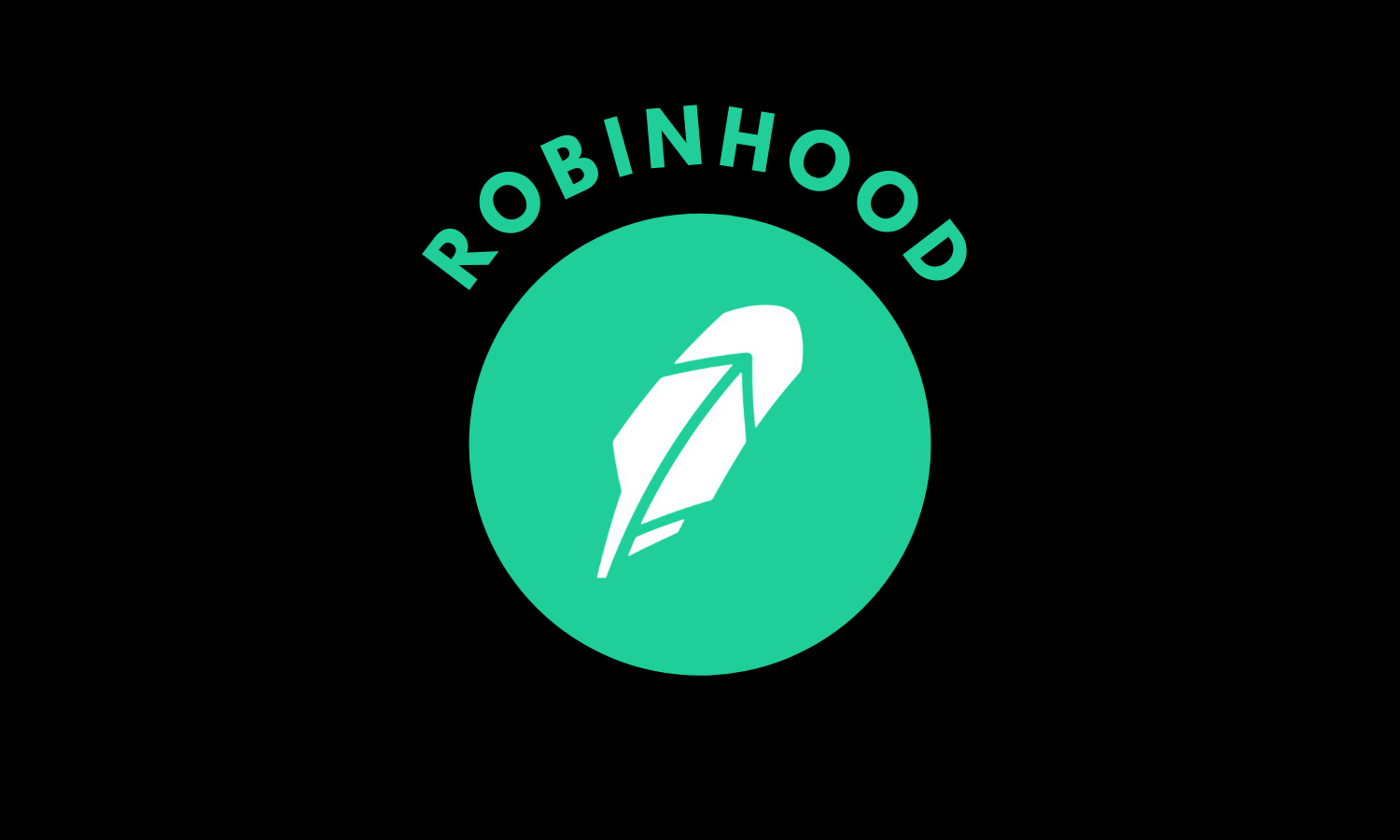Robinhood: What is it?
Founded in 2014, Robinhood Markets, Inc. has been a leading provider of commission-free stock and mutual fund trading via a mobile app since March 2015. A registered broker-dealer with the U.S. Securities and Exchange Commission, Robinhood is FINRA-regulated. In addition to being a member of the Securities Investor Protection Corporation, Mr. Roth is registered with the Securities and Exchange Commission. Customers with cash balances earn interest, high-frequency traders buy order information from the company (a practice for which the SEC has openly investigated the company in September 2020) and margin lenders lend to them. A total of 31 million users are using Robinhood as of 2021.
With Robinhood, you can buy and sell a variety of cryptocurrencies (like Bitcoin, Ethereum, Bitcoin Cash, and even Dogecoin). Moreover, Robinhood offers a variety of investment options and no fees, which is a big advantage over traditional exchanges.
Investing in crypto or the stock market is easy with Robinhood. However, there are risks associated with its accessibility as an investment platform. A common complaint about it is that it encourages volatility through active trading and makes investing too game-like. In the same way that stock traders are speculative, approaching crypto with that mindset may make it even riskier.
The restrictions that Robinhood has on cryptos are very similar to those of PayPal and Venmo. It is not possible to transfer coins from your Robinhood Crypto account to another exchange or to move coins off the platform. Therefore, you can’t transfer your private key (an encrypted key that grants access to your cryptocurrency) into your wallet or trade on an exchange such as Coinbase. This can be problematic for those who believe in the crypto mantra “your coins, not your keys.”
You need to keep in mind that cryptocurrency is highly volatile, whether you’re considering Robinhood or an app such as Venmo. Even if you invest just a few dollars to experiment, you should think long-term and be prepared to buy and hold rather than actively trade – once you’re sure it won’t interfere with your other financial goals.
A Brief History of Robinson
Baiju and Vlad met almost ten years ago at Stanford, where the two were roommates and classmates. Following graduation, they moved to New York and founded two trading software companies. With their newfound knowledge of finance, they realized that Wall Street companies paid virtually no commission for trading stocks while most Americans were charged commissions. As soon as they realized that everyone should have access to the financial markets, not just the wealthy, they focused on building products that would do just that. After two years in New York, they moved to California and founded Robinhood, a financial system that allows everyone to participate through technology.
Advantages and disadvantages of Robinhood:
Advantages
- No minimum account required
- Trading in cryptocurrencies
- Streamlined interface
Disadvantages
- Partially supporting customers
- Bonds and mutual funds are not available
- No retirement accounts
Investing with Robinhood: How to get started
By opening an account with Robinhood, you can start investing right away. The only requirements are that you are 18 years old or older, that you have a valid Social Security number, and that you live in the United States.
Invest only small amounts of money you are comfortable losing, and stick with stocks and ETFs if you are new to investing.
Falcone recommends diversifying your portfolio with at least 15 stocks from different industries and company sizes that you can assess independently. A fractional share allows you to start investing with a few dollars.
To get started, Falcone recommends familiarizing yourself with investing news sites (like Money.com!) and timely content from financial planners like herself.
Alternatively, you can create a practice portfolio in a stock market simulator to learn how the equity market fluctuates over time, as well as how to form healthy investing habits (for example, not looking at your account all day).
Take your time to understand what you are buying and selling, and learn to walk before you run.


